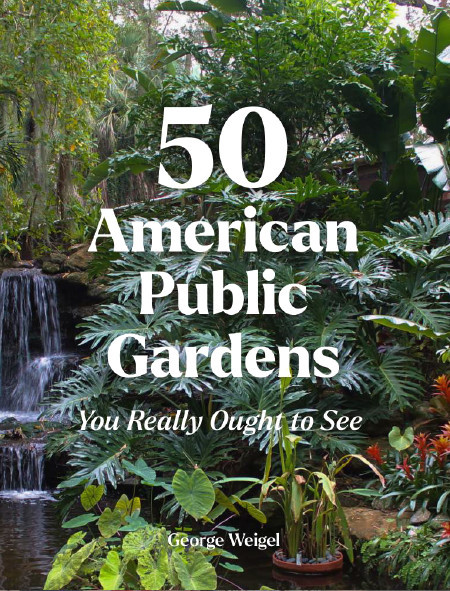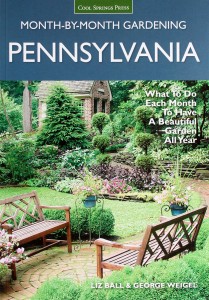To Heirloom or Not?
December 4th, 2012
One of the many wranglings in the garden world is the issue of hybrids vs. heirlooms. Should I preserve the old-fashioned, time-tested, save-the-seed favorites of yesteryear or plant the higher-yielding, disease-resistant, new-fangled hybrid varieties that the big seed houses introduce each year? I say, “Yes.”
Both views have their merits, and there’s no reason why you have to be a “purist” either way.
The heirloom question came up last week in an email I got from a gardener planning to get involved in that new community garden taking shape at Hershey Medical Center.
If you didn’t hear, several Hershey corporate entities are banding together to invest $150,000 building a nearly 1-acre, raised-bed vegetable garden on the Med Center campus that will be used for teaching and renting plots to area residents. It’s to be ready next May 1. (Read about it here.)
The emailer is thinking about going all heirloom and was looking for planning advice as well as some good sources for heirloom seeds and plants.
Planning-wise, there’s not a big difference between heirloom and hybrid. The same timing and spacing applies, and I think all veggies do best in raised beds. Keep the plants watered, the animals away and the bugs and disease under control, and you should have good success either way.
Heirlooms (generally defined as open-pollinated varieties introduced around World War II and before) have been touted lately for several reasons.
1.) They cost less.
2.) Seeds can be saved from year to year (free!), and the best can be chosen to continually improve your stock.
3.) Heirlooms are perpetuated mainly for taste and nutrition, not for commercial qualities like shippability, shelf life and good looks.
4.) They have heritage behind them.
5.) And their use breeds natural diversity instead of placing variety selection in the hands of a few mega-sized seed companies that are increasingly moving toward controversial genetic engineering.
Those are all valid points and reasons why I like to plant at least some of my garden every year with heirlooms.
But, honestly, from what I’ve seen over the years, most heirlooms are significantly poorer performers in my garden than hybrids.
The yield is often less.
Heirlooms usually get attacked worse by bugs and disease than most hybrids I’ve grown.
And I’ve found most heirlooms to be less reliable and less uniform than heirlooms – traits that are important to me.
The reason for that is that breeders can speed up the whole process of developing the traits that gardeners want. They can focus on solving a disease, speeding up a maturity time or even adding more nutrition than anything nature has come up with so far.
Given enough time, open-pollinated varieties gravitate toward many of those same traits. Hybridizing can speed up the process.
The compromise I’ve come up with is to plant a bit from both worlds.
In the tomato patch, I’ll typically grow ‘Brandywine,’ ‘Black Krim’ and ‘Amish Paste’ heirlooms for their great flavor and interesting histories, but I’ll also grow ‘Big Beef,’ ‘Better Boy’ and the latest disease-resistant hybrids for their reliability. I’ll plant a ‘Black Beauty’ eggplant, but I’ll also plant a new introduction that claims to be unattractive to the pesky flea beetle. And I’m usually a sucker for trying a few heirloom things with a cool story, like the ‘Ali Baba’ watermelon that was smuggled out of Iraq or the ‘Mortgage Lifter’ tomato that “Radiator Charley” sold to pay off his mortgage early.
By all means, keep the heirlooms going. But I don’t think it’s an either/or matter. Most of the hybrids I’ve grown have been really good improvements over what grew in the past.
So far as sources, one of the best and most local options is the Heirloom Seed Project at Lancaster’s Landis Valley Museum. This living-history museum grows gardens full of local heirlooms, saves the seeds and sells them through a catalog.
I’m also fascinated by Baker Creek Heirloom Seeds, a Missouri company with a great catalog that’s heirloom only.
And down in York County is America’s oldest seed house in Landreth Seed Co. (dating to 1784). It offers an excellent collection of heirloom seeds.
For even more heirloom seed sources, check out the Heirloom Vegetable Gardeners Assistant.
And for more on growing veggies (heirloom or not), check out Kenny Point’s local Veggie Gardening Tips site or some of my archived veggie columns.









